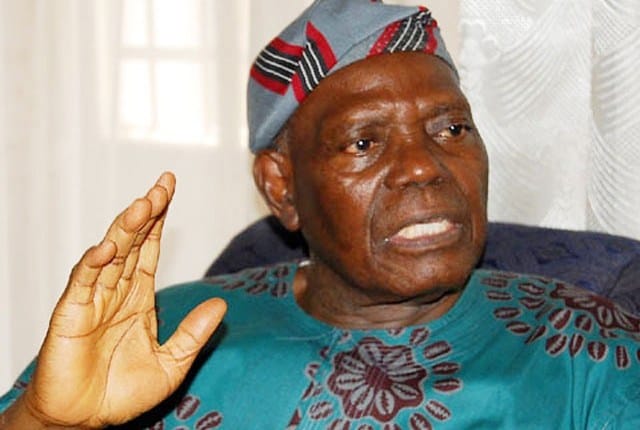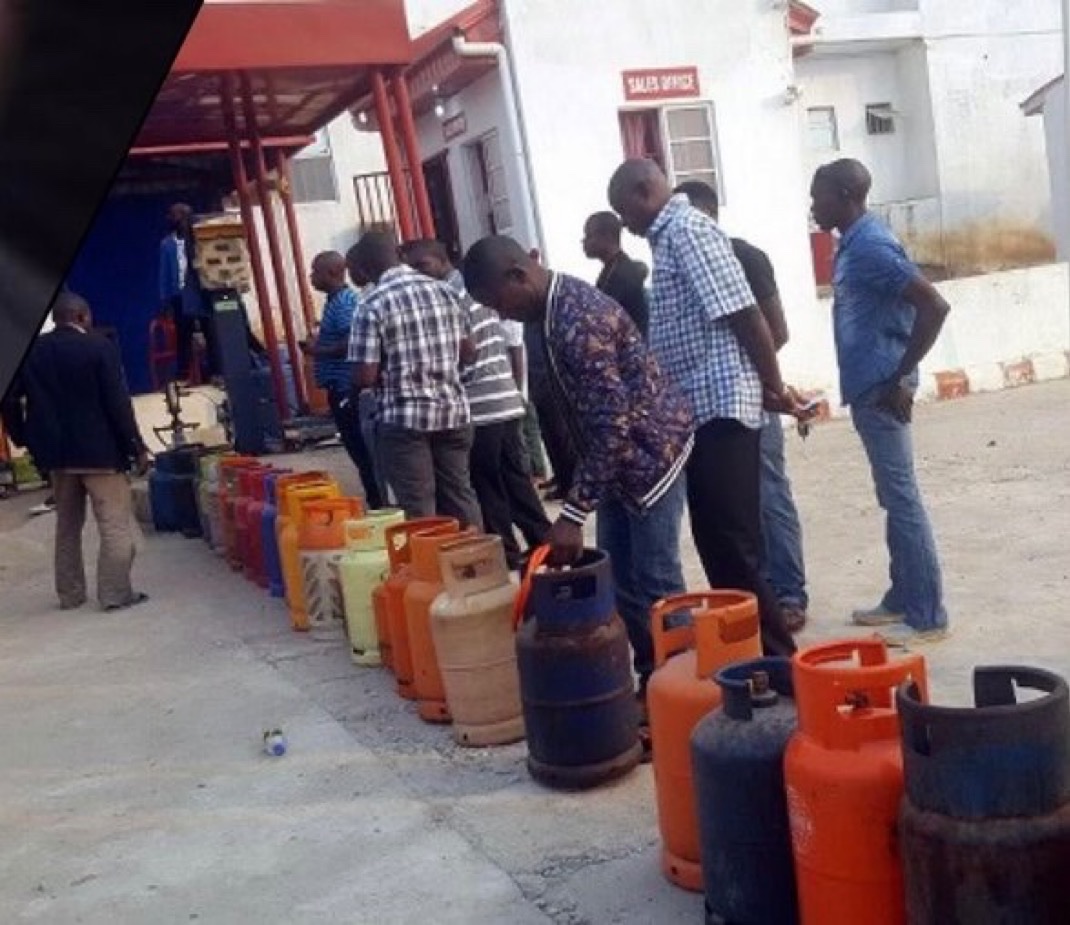In a stirring address delivered at the inaugural Joel Babatola Annual Lecture in Ado Ekiti, veteran politician Bisi Akande declared that President Bola Ahmed Tinubu is spearheading a determined effort to extricate Nigeria’s natural and human‐resources from the grasp of illegal foreign exploitation. According to Akande, this is a cornerstone of Tinubu’s governance agenda — one that seeks to safeguard the nation’s sovereignty, empower its people, and reposition Nigeria on the global economic map.
The Big Picture: What’s Driving This Agenda?
Akande said that President Tinubu’s focus is twofold: first, to deal with “indigenous retrogressive saboteurs and the neo-colonialist grumblers”; and second, to recover Nigeria’s resources from “massive illegal foreign exploitations”.
Here are the key underlying motivations:
- Resource control and national sovereignty: Nigeria, rich in minerals, oil, gas and other raw materials, has long suffered from arrangements where the bulk of the value is captured externally. President Tinubu has previously spoken about how exporting raw minerals for foreign refinement “merely consolidates the foundations of our misery”. TheCable+1
- Economic transformation: Akande underscores that infrastructure expansion, transport, electricity, human-capital development in science and technology are critical to turning resource wealth into domestic value and jobs. Daily Post Nigeria
- Security and regional stability: Illicit mining, smuggling of minerals, resource theft and peripheral exploitation have security implications. President Tinubu has called on regional bodies such as Economic Community of West African States (ECOWAS) to treat resource theft as an international crime. The Whistler Newspaper
What Akande Told the Lecture Audience
In his lecture titled “Governance, Structural Reforms and the Economic Landscape of Nigeria in the 21st Century”, in the presence of the Ekiti Council of Elders, Bisi Akande laid out several assertions about President Tinubu’s agenda:
- Focus on extricating resources: Akande said Tinubu is intent on “extricating Nigerian resources from massive illegal foreign exploitations”.
- Strengthening national unity: The agenda is not only about fighting foreign exploitation but also countering “retrogressive saboteurs” within the country.
- Human capital development: A special emphasis was placed on science and technology training for the youth to enable them to operate within sectors of value-addition rather than just extraction.
- Infrastructure and public-private collaboration: Akande mentioned rapid infrastructure expansion (transportation, electricity) via private–public partnership (PPP) as a key enabler.
Why This Matters for Nigeria
This policy thrust is significant on multiple levels:
- Economic self-reliance: By shifting from being a raw-material exporter to processing and value-adding domestically, Nigeria stands to keep more value inside the country, create jobs, reduce import dependence, and boost its GDP.
- Changing global dynamics: In a world where foreign exploitation of African resources is often cited as a legacy of colonialism, Nigeria is signalling it will no longer be a passive actor. President Tinubu’s call to the UN to curb illicit resource extraction by scavengers is a prior example.
- Security dividends: Resource-based crimes – illegal mining, smuggling – feed armed groups, insurgency, organised crime. Nigeria’s crackdown could have positive spill-overs for national security performance.
- Political signalling: For the administration, framing this as a fight against neo-colonialist exploitation resonates with nationalist sentiment and can help build public legitimacy.
Potential Challenges and Considerations
While the vision is bold, several hurdles remain:
- Implementation gap: Announced intentions often meet structural inertia — bureaucracies, vested interests, weak institutions. The rhetoric must translate into measurable reforms.
- Regulatory environment: Extractive industries are complex. Regulatory oversight, transparency, environmental safeguards, community engagement are vital for success.
- Global trade realities: Foreign investors and corporations entrenched in Nigeria might resist significant shifts in value-chain dynamics or higher domestic content. Balancing competitiveness and national interests will be tricky.
- Coordination across levels: States, local communities, federal agencies must align for this agenda to work. Infrastructure, skills training, logistics, processing plants all demand coordinated effort.
- Monitoring and accountability: To avoid simply trading one form of extraction for another, the administration will need robust mechanisms to track resource flows, ensure benefits accrue to Nigerians, and punish illicit actors.
What Happens Next?
Here are key things to watch in the coming months:
- Policy announcements: Look out for regulations, bills or reforms articulating how Nigeria intends to rein in foreign exploitation, boost local processing, increase local content in mining/oil/gas.
- Infrastructure roll-out: Movement in sectors like rail, ports, electricity plants – especially those designed to link rural extraction zones with processing hubs – will be telling.
- Partnerships with private sector: Which companies (local and foreign) will sign up to new value-chain models? How will they be incentivised?
- Transparency and reporting: Has the government begun publishing data on extraction, exports, processing, revenue capture? Are international investors still comfortable?
- Regional collaboration: Given the cross-border nature of mineral smuggling and illicit flows, Nigeria’s work with ECOWAS and neighbouring countries will be critical. President Tinubu’s call for resource theft to be declared an international crime is part of that.



